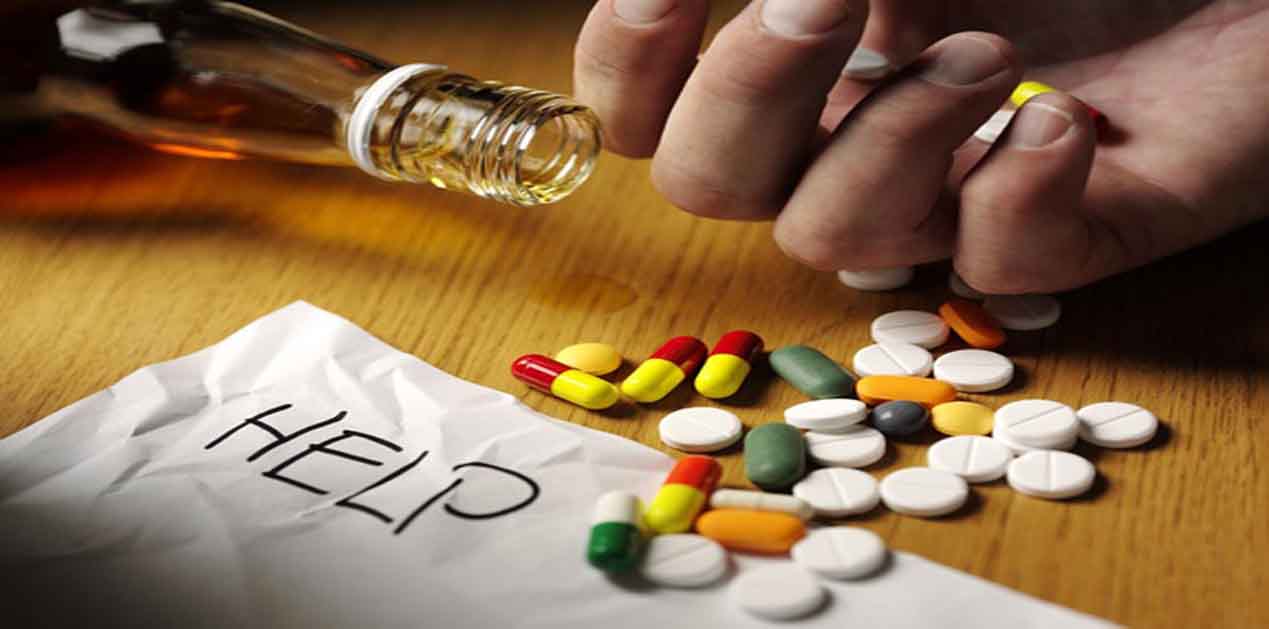Understanding and Treating Drug Addiction: Essential Insights and Effective Solutions

Drug addiction is a serious issue, but there's hope. We'll cover the signs of addiction, the importance of early intervention, and explore treatment options that can support recovery, including how therapy plays a crucial role.
Understanding Drug Addiction
What Is Drug Addiction?
Drug addiction, or substance use disorder, is a chronic disease characterized by:
- Compulsive Drug Seeking: An uncontrollable urge to use drugs despite harmful consequences.
- Physical Dependence: The body adapts to the drug, requiring more to achieve the same effect.
- Withdrawal Symptoms: Physical and mental symptoms that occur when reducing or stopping drug use.
Common Causes of Addiction
Several factors contribute to the development of drug addiction:
- Genetic Predisposition: A family history of addiction increases risk.
- Environmental Factors: Peer pressure, stress, and exposure to drugs can trigger use.
- Mental Health Disorders: Conditions like depression, anxiety, and PTSD can lead to self-medication with drugs.
Recognizing the Signs of Addiction
Behavioral Signs
- Increased Secrecy: Hiding drug use or becoming defensive about activities.
- Neglecting Responsibilities: Failing to fulfill obligations at work, school, or home.
- Loss of Interest: Abandoning hobbies and activities once enjoyed.
Physical Signs
- Changes in Appearance: Sudden weight loss or gain, poor hygiene, and unexplained injuries.
- Health Issues: Frequent illness, memory problems, and coordination issues.
- Withdrawal Symptoms: Symptoms like nausea, sweating, shaking, and agitation when not using the drug.
Psychological Signs
- Mood Swings: Extreme changes in mood, including irritability and aggression.
- Paranoia: Unexplained fear or suspicion of others.
- Anxiety and Depression: Increased levels of anxiety or depressive symptoms.
The Importance of Early Intervention
Why Early Intervention Matters
- Prevents Escalation: Early intervention can prevent addiction from worsening.
- Reduces Health Risks: Minimizes the risk of severe health complications and overdose.
- Improves Recovery Outcomes: Increases the chances of successful recovery with less intensive treatment.
How to Approach Someone About Addiction
- Choose the Right Time: Find a private, calm moment to talk.
- Be Supportive: Express concern without judgment. Use "I" statements, like "I'm worried about you."
- Offer Help: Encourage them to seek professional help and offer to assist in finding resources.
Treatment Options for Drug Addiction
Detoxification
Detox is the first step in treatment, where the body clears itself of drugs:
- Medical Supervision: Often conducted under medical supervision to manage withdrawal symptoms safely.
- Short-Term Process: Typically lasts a few days to a week, depending on the substance.
Therapy and Counseling
Therapy plays a crucial role in treating addiction:
- Cognitive-Behavioral Therapy (CBT): Helps individuals identify and change negative thought patterns and behaviors.
- Motivational Interviewing: Enhances motivation to change and engage in treatment.
- Family Therapy: Involves family members in the recovery process to improve communication and support.
Medication-Assisted Treatment (MAT)
MAT combines medications with therapy to treat addiction:
- Methadone and Buprenorphine: Used to treat opioid addiction by reducing cravings and withdrawal symptoms.
- Naltrexone: Blocks the effects of opioids and alcohol, preventing relapse.
- Antidepressants and Anti-Anxiety Medications: Address co-occurring mental health disorders.
Support Groups
Support groups provide a community of peers for ongoing support:
- 12-Step Programs: Groups like Narcotics Anonymous (NA) offer structured support and accountability.
- Non-12-Step Programs: Alternatives like SMART Recovery focus on self-empowerment and self-reliance.
- Peer Support: Sharing experiences with others who understand can provide encouragement and reduce isolation.
The Role of Therapy in Recovery
Individual Therapy
- Personalized Treatment: Addresses the unique needs and challenges of the individual.
- Coping Strategies: Teaches skills to handle triggers, stress, and cravings.
- Relapse Prevention: Develops a plan to maintain sobriety and handle setbacks.
Group Therapy
- Shared Experiences: Provides a sense of community and understanding.
- Support Network: Offers a network of peers for encouragement and accountability.
- Learning from Others: Gain insights and strategies from others' experiences.
Holistic Therapies
- Mindfulness and Meditation: Helps manage stress and improve emotional regulation.
- Exercise and Nutrition: Promotes overall health and well-being.
- Creative Therapies: Art, music, and other creative therapies can help express emotions and foster healing.
Conclusion
Drug addiction is a serious but treatable condition. Recognizing the signs of addiction and understanding the importance of early intervention are crucial steps. With various treatment options available, including therapy, medication-assisted treatment, and support groups, recovery is possible. Therapy plays a pivotal role in addressing the underlying causes of addiction and equipping individuals with the tools they need for a successful recovery. Remember, seeking help is a sign of strength, and there is hope for a healthier, drug-free life.

